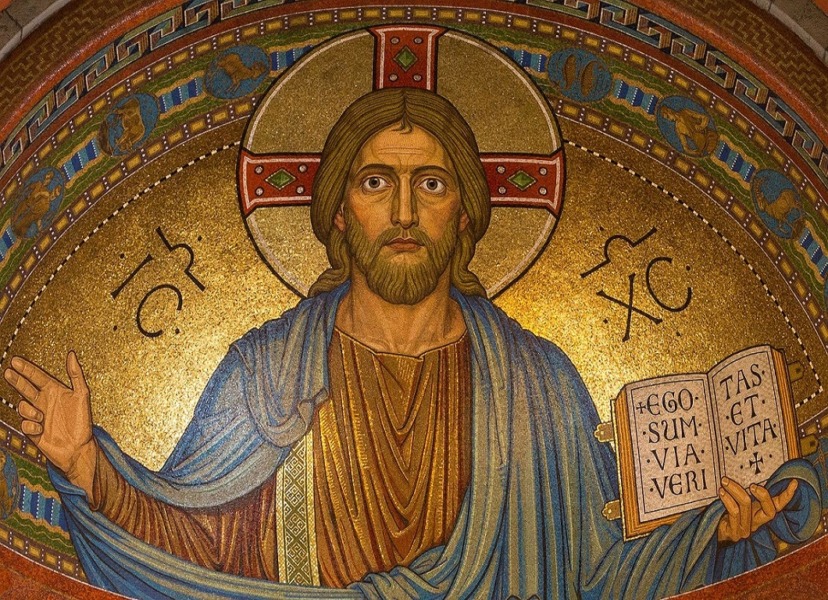The Blurring Line between Church and State: Politicians and the Manipulation of Religious Narratives
- TDS News
- Breaking News
- June 3, 2023

In many countries, the separation between church and state is becoming increasingly blurred as politicians willingly engage in religious endorsements and exploit religious narratives for their political gain. While countries like the United States emphasize the need to draw a clear line between church and state, the influence of the religious sector on politics poses significant challenges. In contrast, Canadians tend to shy away from overt religious endorsements in politics.
As we explore the problematic trend of politicians and public figures using religious texts, such as the Bible, to shape political narratives and connect with their supporters. It is important to remember that religious texts, including the Bible, are written by humans and subject to interpretation. Therefore, separating religious beliefs from political decision-making is crucial to ensure a fair and inclusive society.
Politicians, particularly in countries where religion holds significant influence, often seek the endorsement of religious groups and leaders to solidify their support base. By aligning themselves with religious figures, politicians hope to tap into the trust and loyalty associated with religious institutions. However, this practice blurs the line between church and state, as it implies a preferential treatment of a specific religious group, potentially marginalizing those with different beliefs. This manipulation of religious narratives for political gain undermines the principles of secular governance and challenges the idea of a fair and impartial state.
One notable example of religious manipulation in politics involves using the Bible to support political narratives. The Bible, a revered religious text for millions, is often treated as an infallible guide, with politicians cherry-picking verses to suit their agendas. However, it is essential to remember that the Bible, like any other ancient text, was written by fallible human beings and is subject to interpretation. Different sects and individuals may interpret the Bible’s teachings in various ways, leading to divergent understandings of its message. Therefore, using the Bible as an unquestionable authority in political discourse disregards the nuanced nature of religious interpretation and risks alienating those with different beliefs.
Politicians are not the only ones who employ religious narratives for personal gain. With their vast platforms and influence, celebrities often use religious texts to shape their public personas and connect with their fans. However, it is important to recognize that although admired and respected, celebrity figures may not possess theological expertise. Their interpretations of religious texts may be subjective, driven by personal beliefs or motivations. Relying solely on celebrity figures’ interpretations of the Bible can lead to a shallow understanding of its teachings and a misguided perception of religion’s role in society.
While individuals need to have faith and believe in a higher power, it is equally crucial to maintain a clear separation between church and state. The principles of secular governance ensure that all individuals, regardless of their religious beliefs, are treated equally and have their rights respected. By upholding this separation, governments can avoid favouritism towards specific religious groups and uphold the principles of inclusivity, diversity, and equal representation.
The blurring line between church and state, fueled by politicians’ exploitation of religious narratives, poses significant challenges to the principles of secular governance. While religious texts like the Bible hold deep spiritual significance for many, it is crucial to recognize their interpretive nature and the potential for manipulation. Both politicians and celebrity figures should approach religious narratives cautiously, acknowledging the complexity of interpretation and the diversity of beliefs. Ultimately, separating church and state ensures a fair and inclusive society that respects the rights and beliefs of all individuals, regardless of their religious affiliations.








